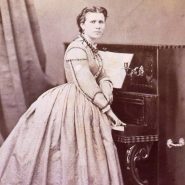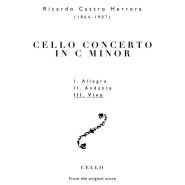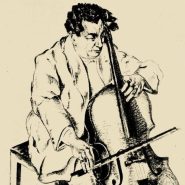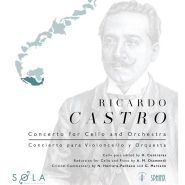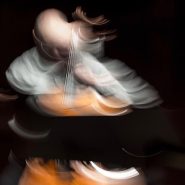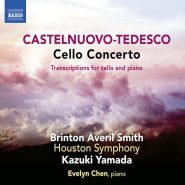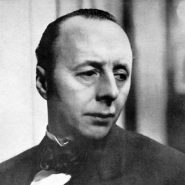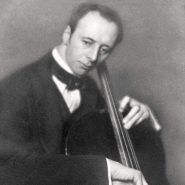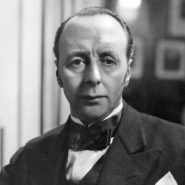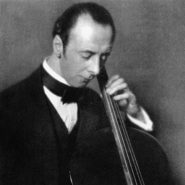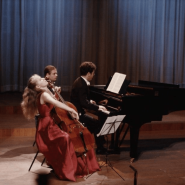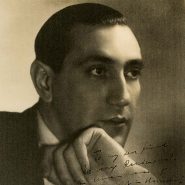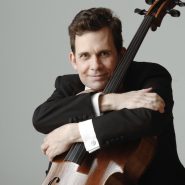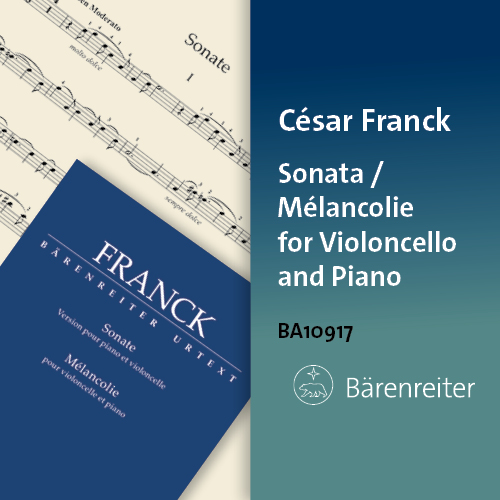Tag: cello concerto
By Wendy Velasco January 30, 2023
By Natali Herrera-Pacheco, Horacio Contreras, and Germán Marcano June 18, 2022
By Natali Herrera-Pacheco, Horacio Contreras, and Germán Marcano June 12, 2022
By Natali Herrera-Pacheco, Horacio Contreras, and Germán Marcano June 4, 2022
By Anssi Karttunen February 9, 2019
Subjects Repertoire
By Brinton Smith June 13, 2018
Subjects Repertoire
By Tully Potter February 5, 2018
Subjects Historical, Repertoire
Tags cello concerto, composers, criticism, Elgar, Felix Salmond, premiere
By Tully Potter February 5, 2018
Subjects Historical, Repertoire
Tags cello concerto, composers, Elgar, Felix Salmond, premiere
By Tony Woodcock November 9, 2017
By Brinton Smith April 12, 2017
